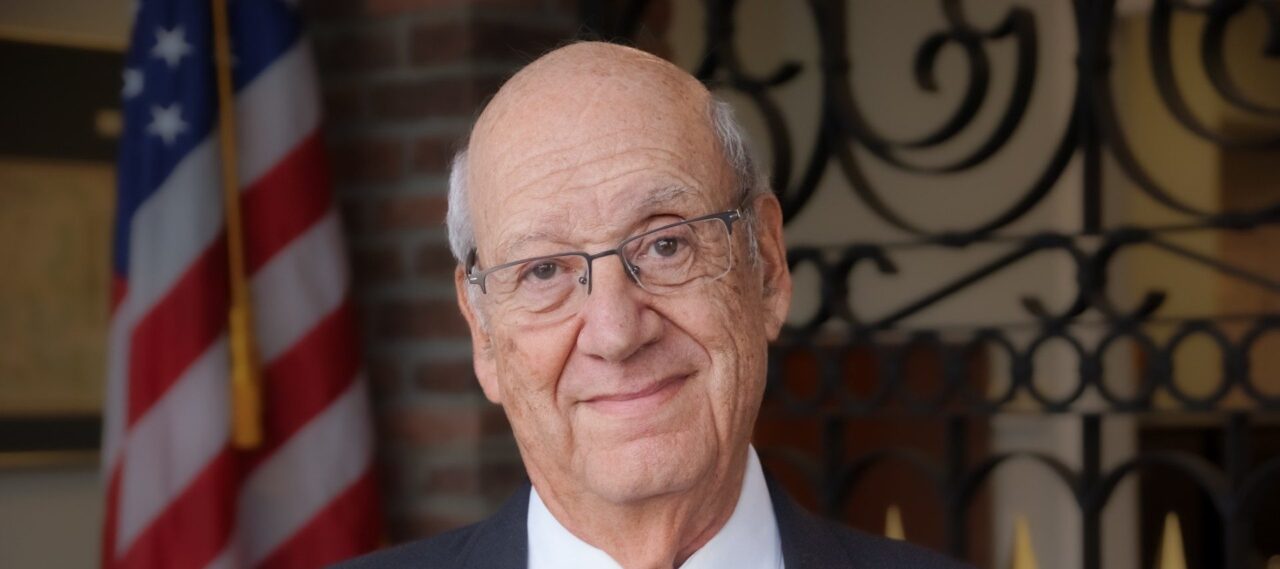New York State Bar Association Files Amicus Brief To Preserve the Integrity of Attorney Disciplinary Process
3.5.2025

The New York State Bar Association filed a motion today to the United States Court of Appeals for the 2nd Circuit urging the court to keep unproven allegations against New York attorneys confidential as they have been for 80 years.
The association seeks to submit an amicus curiae brief in the appeal of Civil Rights Corps v. Hector D. LaSalle. In the brief, which will be filed with the association’s president, Domenick Napoletano, as counsel, the association contends that a U.S. District Court judge in the Southern District of New York erred when he ruled that attorney disciplinary records sought by six law school professors should be made public.
“The judge’s decision upends decades of precedent,” Napoletano said. “Confidentiality is necessary to promote trust in the legal profession and maintain the fair administration of justice. Public disclosure of unproven allegations would irreparably damage the reputation of lawyers, hurt the clients who rely on them and discourage people from filing complaints.”
In the brief, the association contends that the judge committed a serious error when he ruled that the First Amendment gives the law school professors the right to attorney grievance records.
“Publicizing complaints before discipline is imposed risks reputational harm comparable to wrongful criminal accusations,” the association argues in its brief.
Historically, attorney disciplinary matters in New York have been treated with the same discretion as other quasi-judicial processes, such as grand jury investigations and judicial conduct inquiries. This protects innocent attorneys from unwarranted reputational harm and ensures that petitioners and witnesses, particularly those in vulnerable positions, feel comfortable bringing legitimate complaints forward. If a formal adjudication is made by the Appellate Division of the state Supreme Court, the records do become public.
“Maintaining confidentiality, including at the investigatory stage, ensures that the disciplinary process functions as intended, free from premature public scrutiny, external pressures, and the risk of weaponization of grievance complaints,” the association said in its brief.
Napoletano thanked former Presiding Justice of the First Department Rolando T. Acosta and his firm, Pillsbury Winthrop Shaw Pittman, for serving as pro bono counsel in the case.
“Attorney disciplinary actions should be decided on legal and ethical grounds,” Napoletano said. “The process must be free from political considerations, and public sentiment should have no place in deliberations. Any changes to the process must be consistent with constitutional protections, the rule of law and the public’s interest in a fair disciplinary process.”






